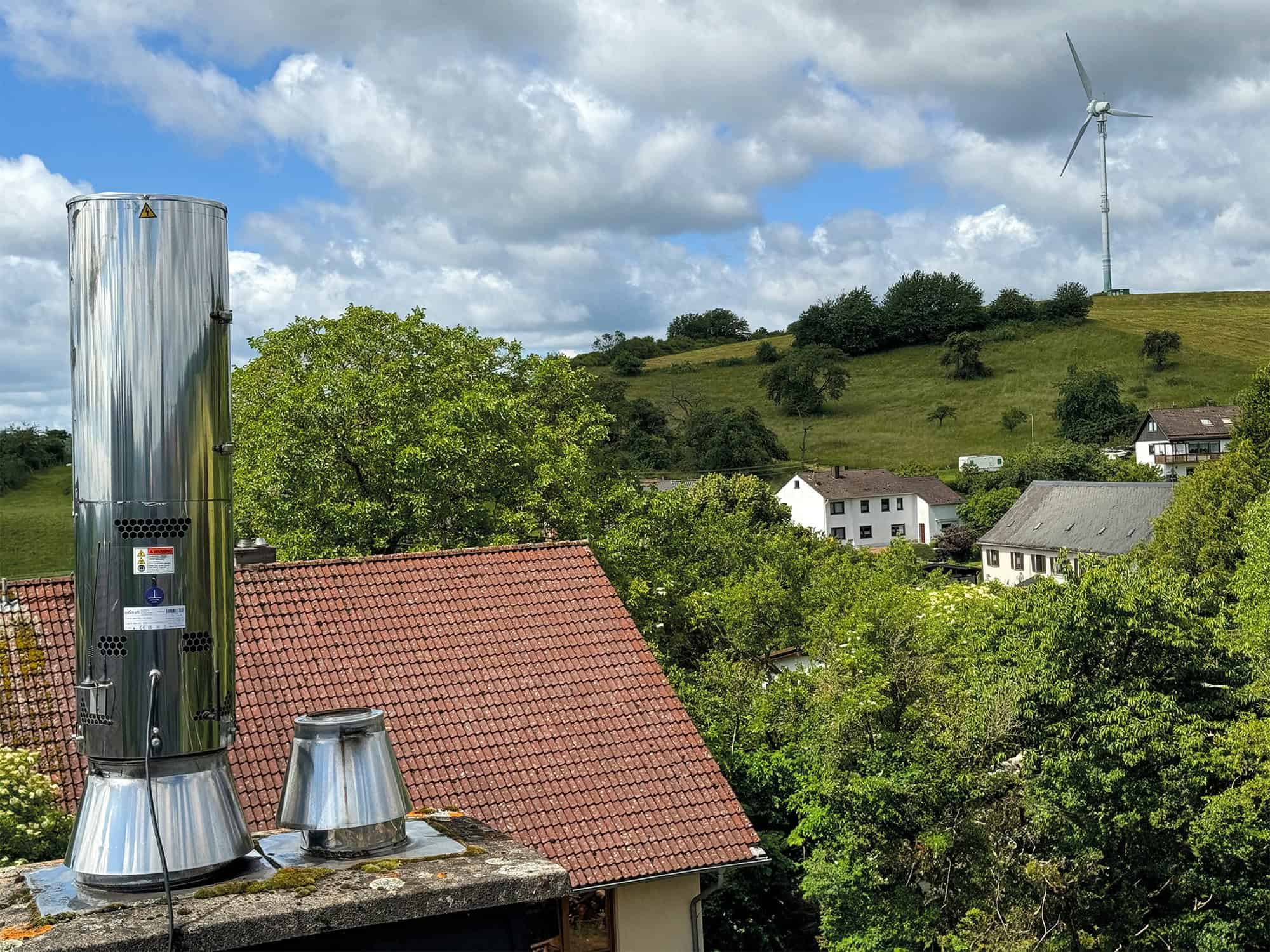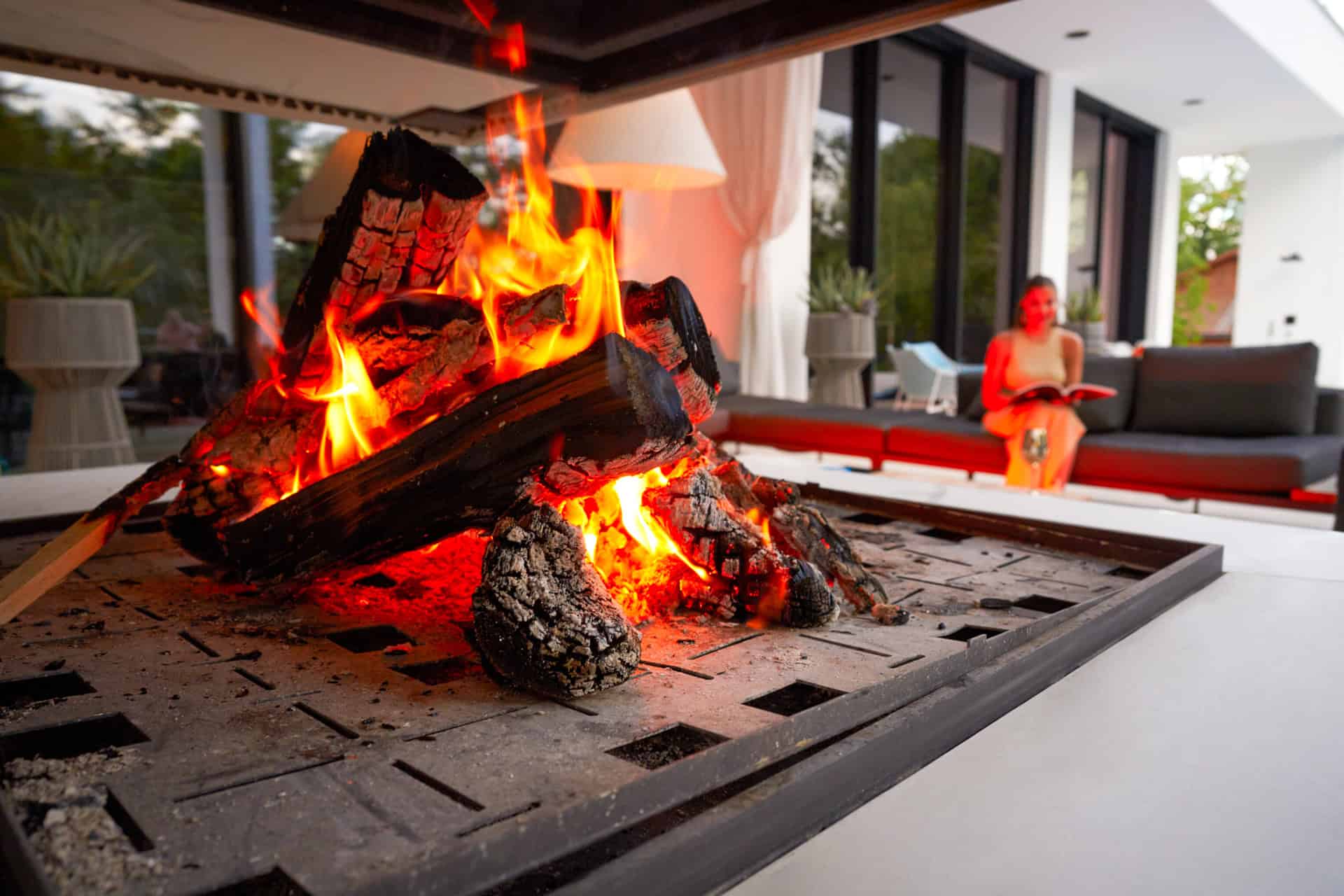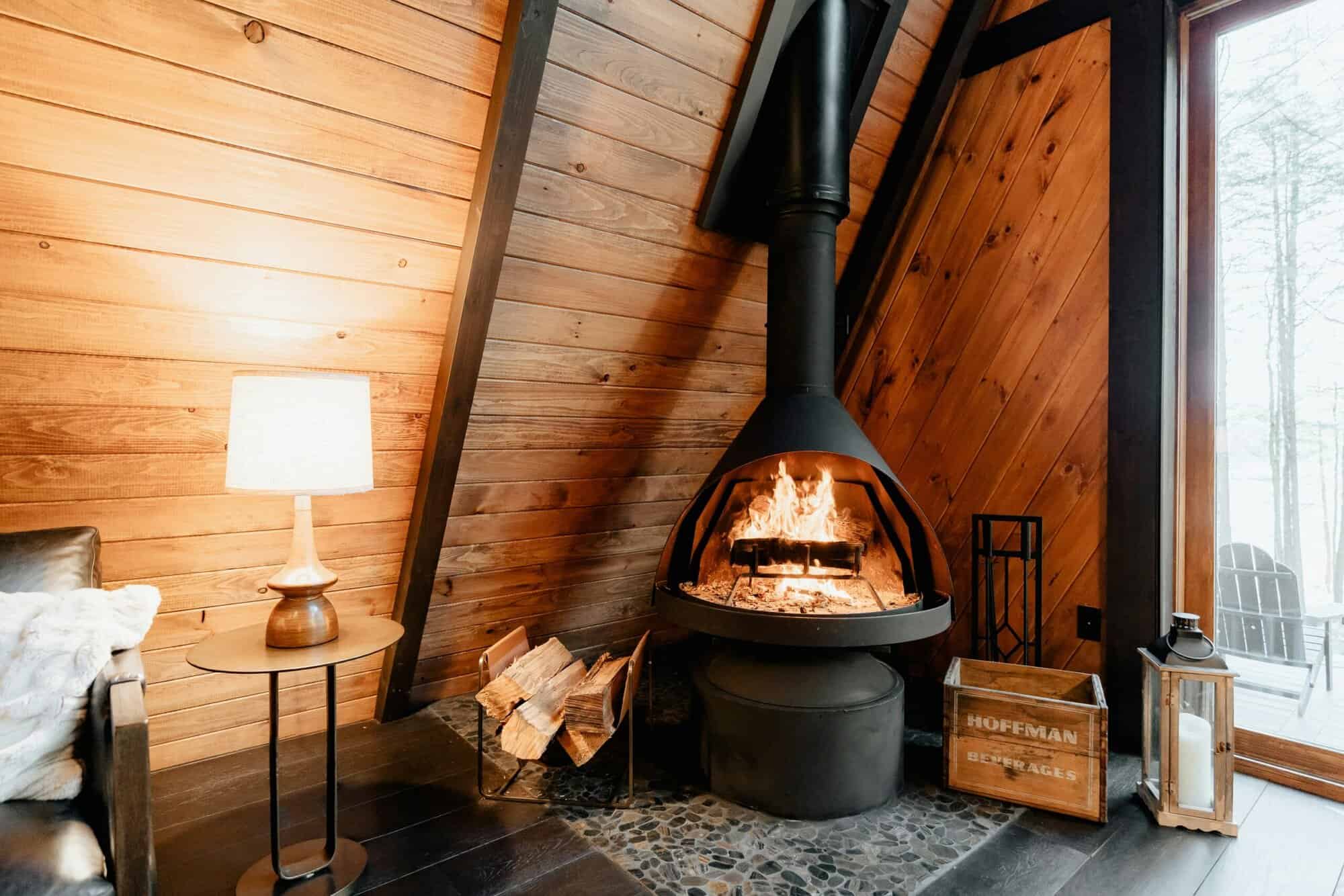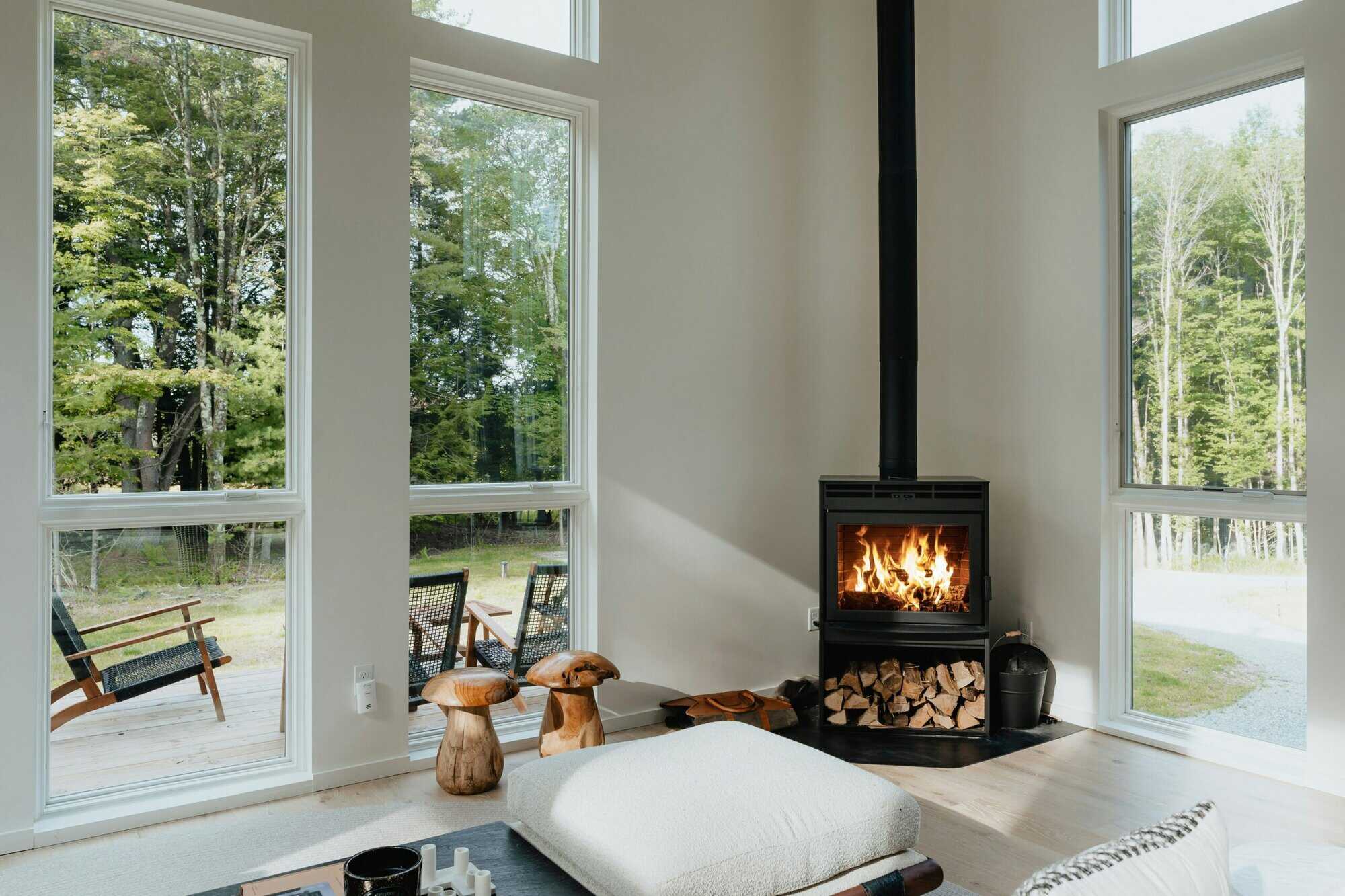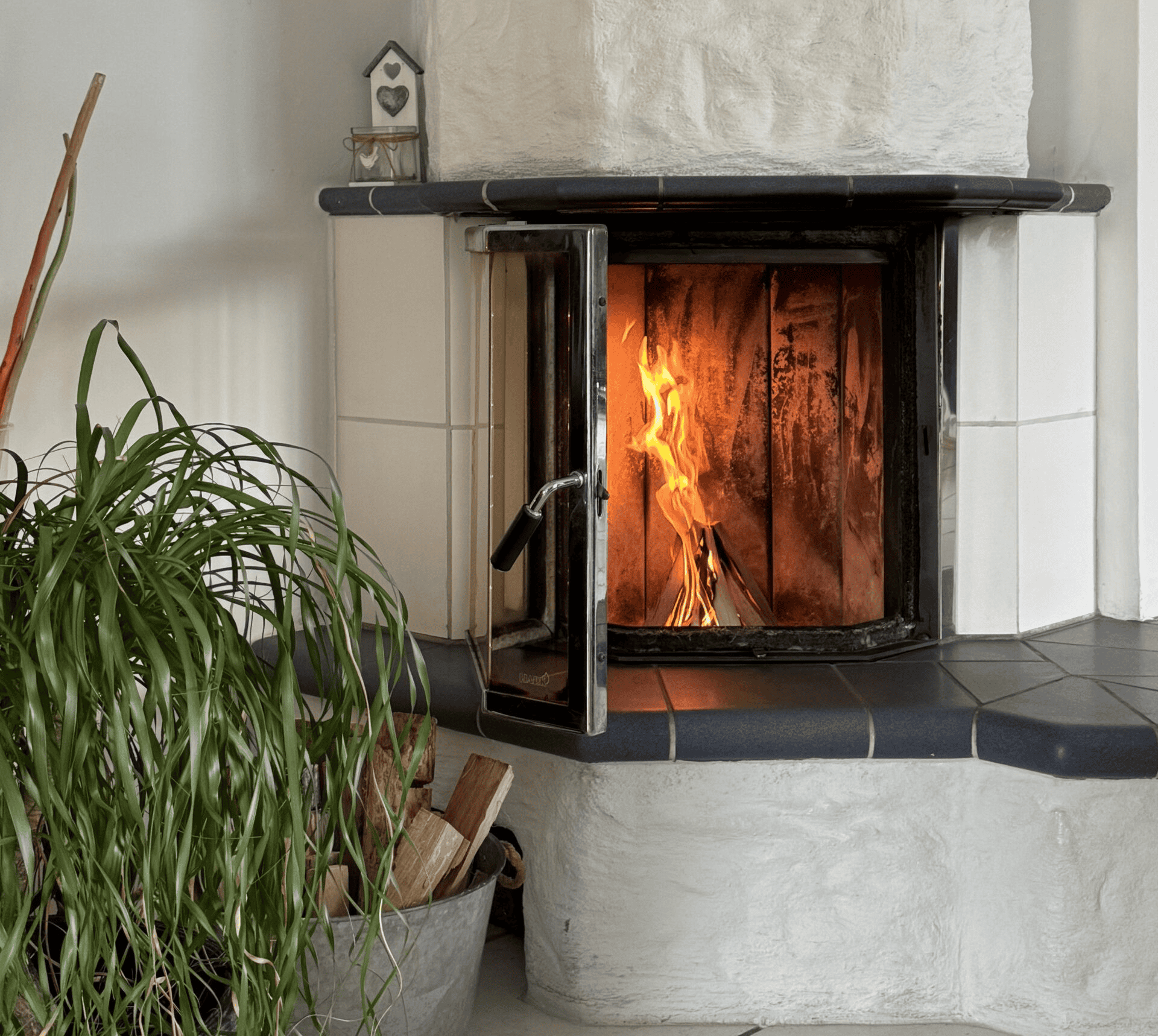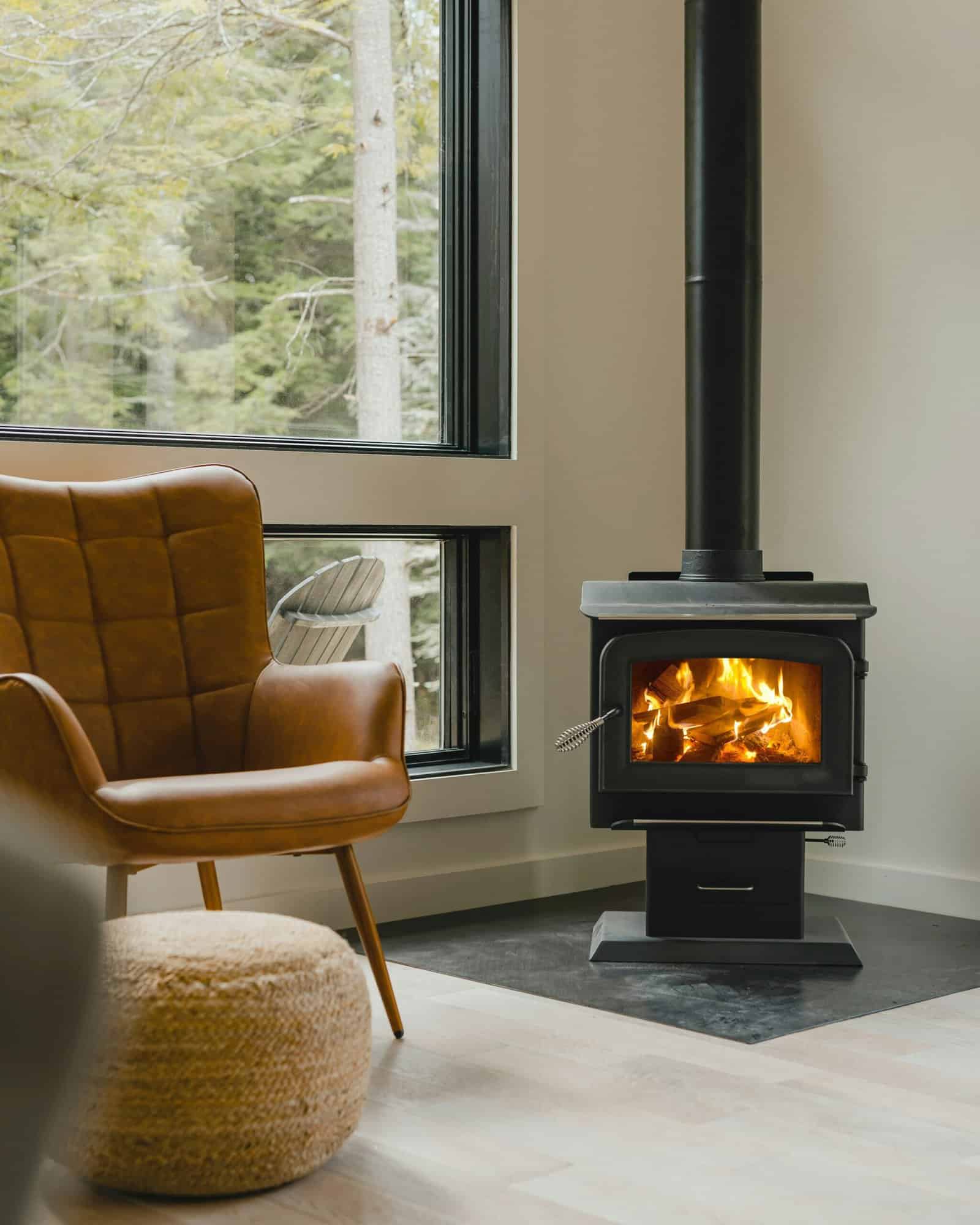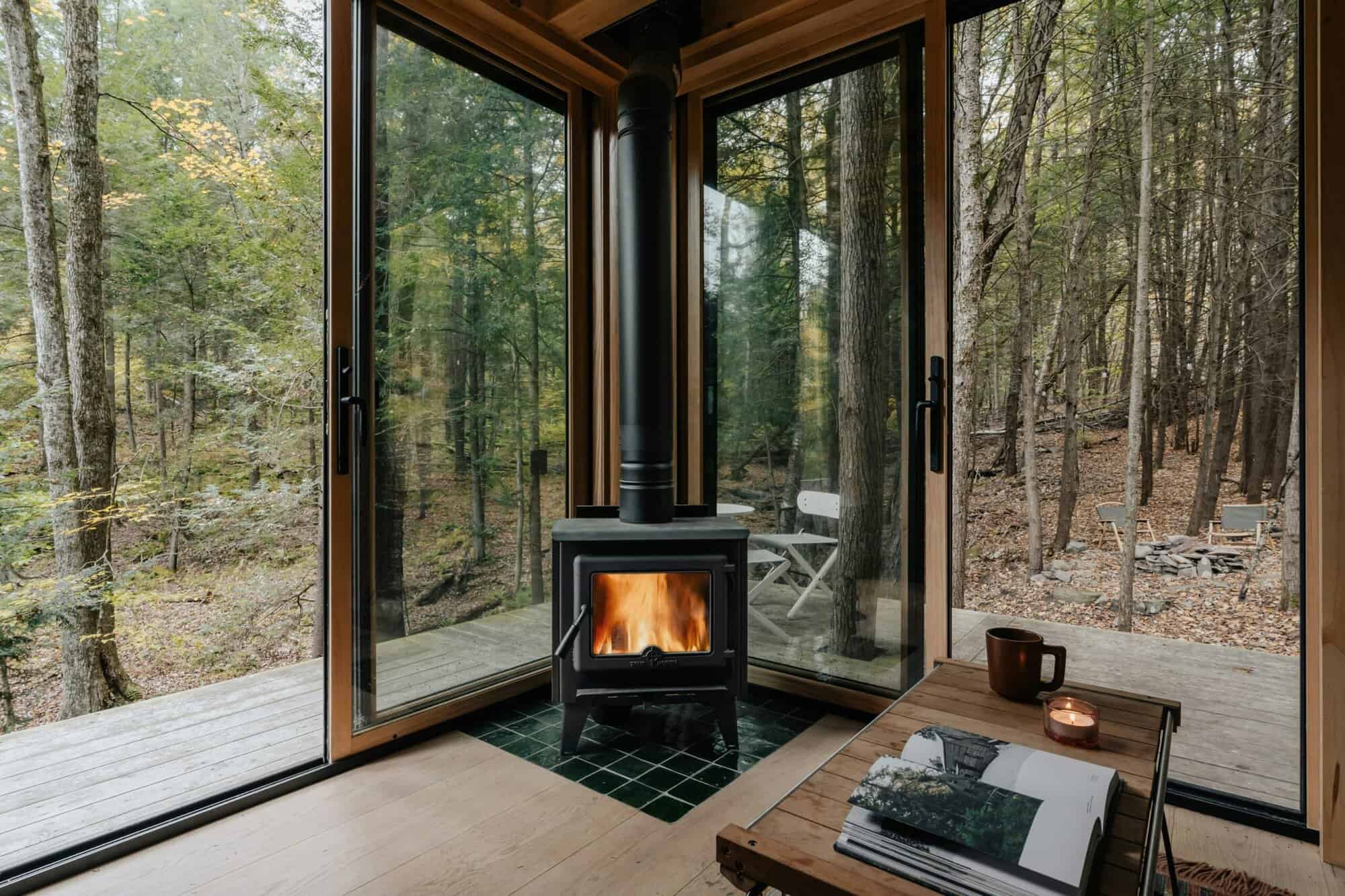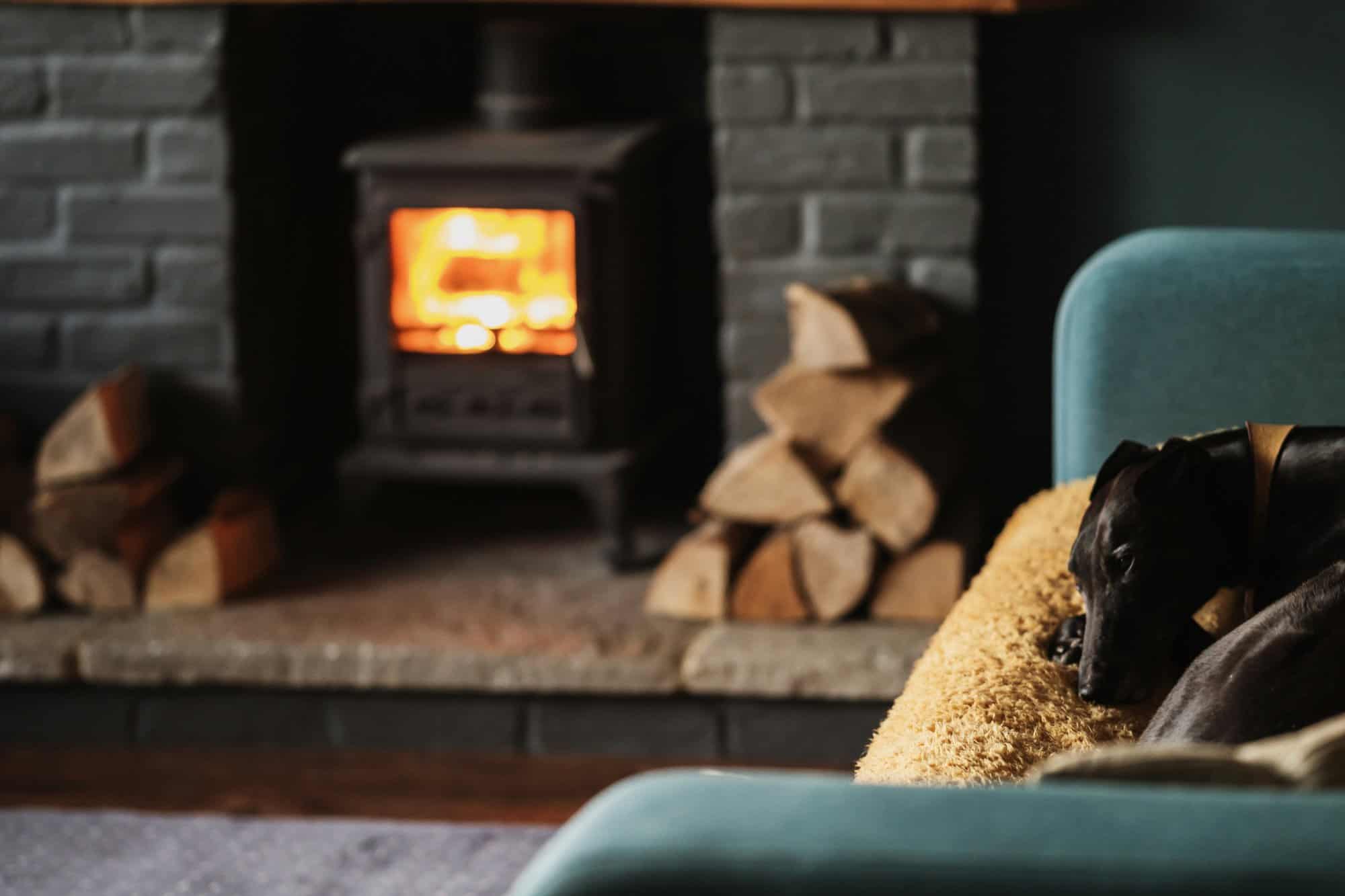Article
26. juni 2025 · 6 min
Are Wood and Log Burners Going to Be Banned?
Worried about a potential UK wood burner ban? Learn what new regulations really mean, why they’re being introduced, and how homeowners can adapt to stricter emission laws without giving up their stove.
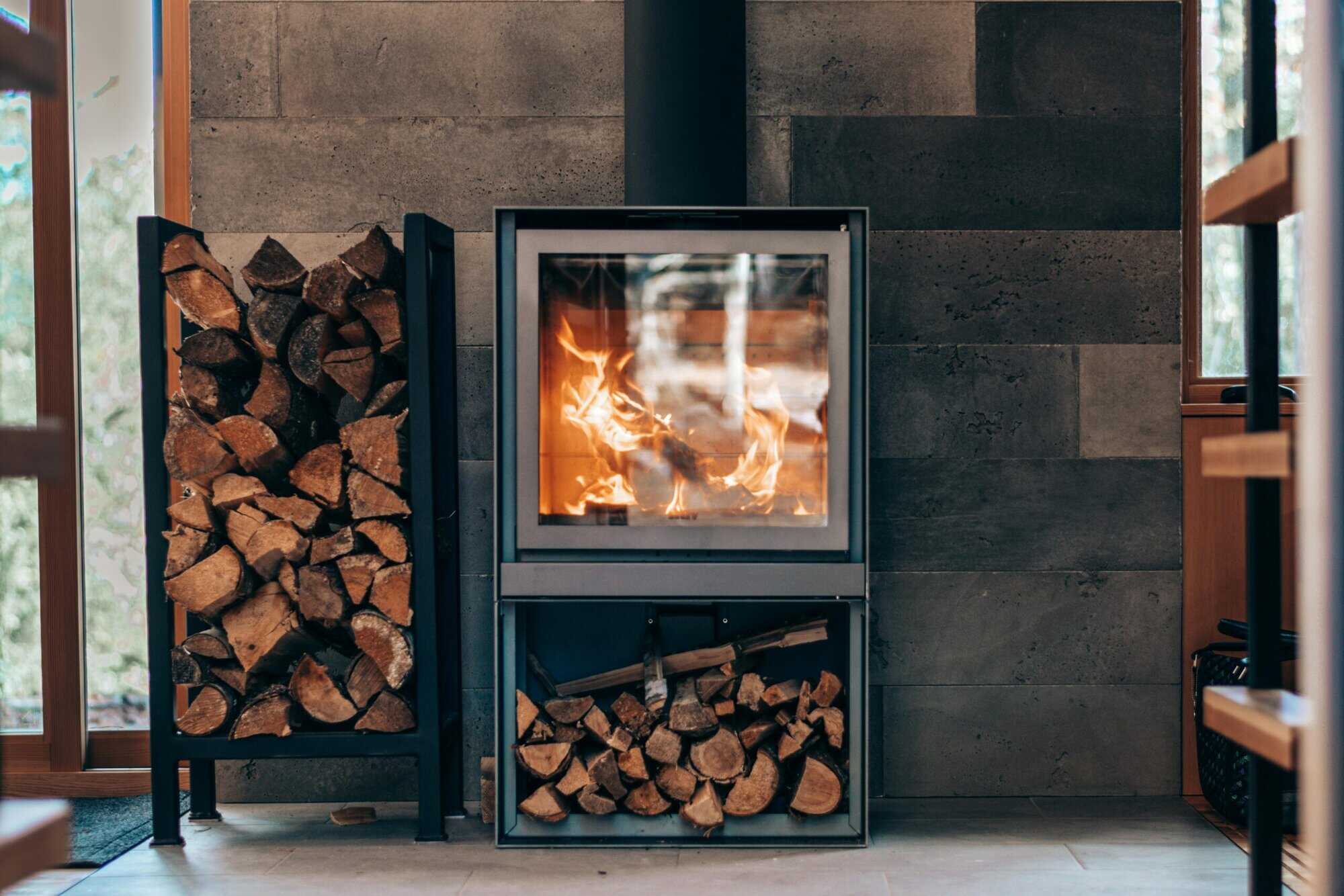
Wood-burning stoves, often referred to as wood burners or log burners, have become a hot topic in the UK’s environmental debate. As concerns over air pollution and particulate emissions grow, many homeowners fear that new regulations could lead to an outright ban on wood burners.
The government has already introduced measures to restrict the sale of wet wood and high-emission fuels, but is a full ban on wood burners realistic? Or will homeowners be able to continue using them under stricter conditions?
In this article, we’ll explore what’s happening with UK legislation, the reasons behind new restrictions, and most importantly, how wood stove owners can comply with future regulations while keeping their heating choice.
What Is the Current Debate About Banning Wood and Log Burners?
In recent years, wood-burning stoves have come under increasing scrutiny due to their contribution to air pollution and particulate emissions. While they remain a popular and efficient heating source for many UK households, concerns over their environmental impact have led to calls for stricter regulations or even a potential ban.
One of the main issues is the release of fine particulate matter (PM2.5 and PM10), which can negatively impact air quality and public health. Studies show that domestic wood and log burning is now one of the largest sources of particulate pollution in the UK, surpassing emissions from road traffic in certain areas.
As part of its Clean Air Strategy, the UK government has already taken action, including:
- Banning the sale of wet wood and bituminous coal, which produce higher levels of smoke and pollution.
- Introducing Ecodesign standards (as of 2022), requiring all new stoves to meet strict efficiency and emission limits.
- Encouraging cleaner alternatives, such as renewable energy and improved stove technology.
Despite these measures, concerns persist that the government could go further, with some speculating that a full ban on older wood stoves or even restrictions on usage in urban areas could be implemented by 2025. However, rather than an outright ban, it is more likely that new compliance requirements will be introduced to reduce emissions while allowing homeowners to continue using their stoves.
Why Are Stricter Regulations Being Introduced?
The UK government’s push for stricter regulations on wood-burning stoves is driven by the need to improve air quality and meet emission reduction targets. Studies show that fine particulate matter (PM2.5) from domestic wood burning is a major contributor to air pollution, particularly in urban areas.
As part of the Clean Air Strategy, the government aims to bring pollution levels in line with World Health Organization (WHO) recommendations. This means stricter controls on heating appliances, including wood burners, to ensure that emissions are reduced as much as possible. Some key reasons behind the new regulations include:
- Public health concerns – Long-term exposure to PM2.5 pollution has been linked to respiratory diseases, cardiovascular problems, and premature deaths. Reducing emissions from wood burners is part of a broader effort to improve public health.
- Environmental targets – The UK has committed to reaching net-zero emissions by 2050, and cutting pollution from domestic heating plays a crucial role in achieving this goal.
- Urban air quality improvement – In high-density areas, older wood-burning stoves and open fireplaces contribute significantly to poor air quality. Stricter regulations aim to phase out inefficient, high-emission appliances.
While a total ban on wood and log burners is unlikely, the focus is shifting toward tighter restrictions on stove efficiency and emissions. This means that homeowners may need to upgrade to newer, cleaner-burning models or implement additional emission-reducing solutions to comply with future regulations.

How Can Homeowners Comply with New Regulations?
Although a complete ban on wood-burning stoves is unlikely, tightening regulations could make it more difficult for homeowners to continue using older stoves without modifications. The UK is not alone in this push for cleaner air—other European countries have already introduced strict new laws that could signal what’s coming next for the UK.
Germany’s Phase-Out of High-Emission Stoves
Germany has implemented some of Europe’s strictest regulations on wood-burning stoves. Under its 2024 Federal Immission Control Act, stoves that do not meet strict particulate limits must either be retrofitted with filters or decommissioned entirely. Homeowners must now prove that their stove complies with new standards, or they risk fines.
Scotland’s Tougher Restrictions on Urban Wood Burning
Scotland has taken a harsher stance on wood burners than the rest of the UK. Under its Clean Air Plan, local councils have been given more power to restrict solid fuel burning in urban areas, meaning that older stoves may be banned sooner in cities like Edinburgh and Glasgow. New low-emission zones could lead to fines for those using non-compliant stoves in high-pollution areas.
What Does This Mean for the UK?
While England has not yet introduced a complete ban, it’s clear that stricter requirements are on the horizon. Homeowners may need to take proactive steps to ensure they comply, such as:
✔ Installing a particle filter to reduce emissions and future-proof their stove.
✔ Upgrading to an Eco-Design compliant stove that meets lower emission limits.
✔ Using the right fuel, such as dry, seasoned hardwood, to limit pollution.
✔ Improving chimney draft with a chimney fan to enhance combustion efficiency.
Looking at Germany and Scotland, it is likely that UK homeowners will face increased scrutiny on their wood burner emissions. Whether through mandatory retrofitting, localised bans, or incentive schemes for cleaner alternatives, the way forward is clear: adapting now will ensure continued use in the future.
Can Log and Wood Burners Still Be a Sustainable Heating Option?
While concerns over air pollution and emissions have led to stricter regulations, a complete ban on log and wood-burning stoves remains unlikely. However, tightened restrictions, local bans, and stricter emission limits will make it more challenging for homeowners to continue using older stoves without modifications.
Rather than eliminating wood burners, governments across Europe are focusing on making them cleaner and more sustainable. By taking proactive steps now, homeowners can ensure that their wood-burning stoves remain a legal, efficient, and environmentally responsible heating option for years to come.

exodraft

